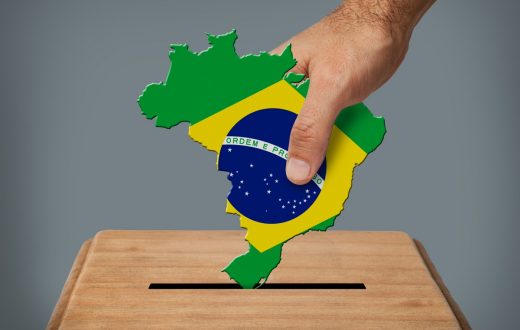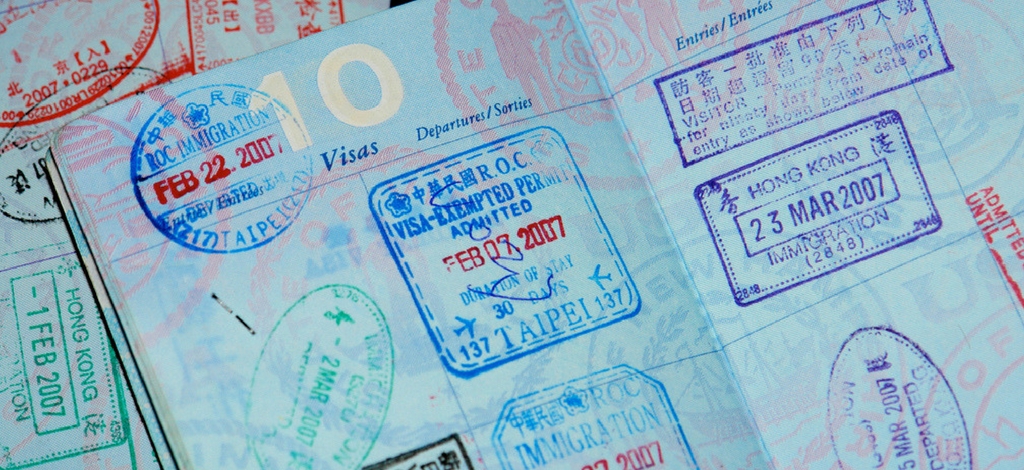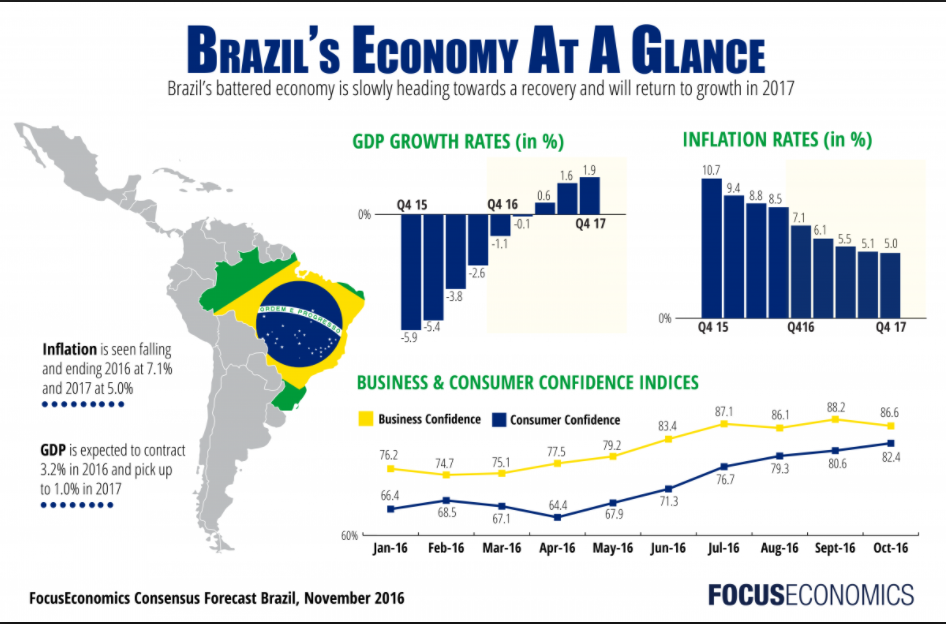Brazil has a very large number of political parties. The current main challenge for Brazil is the challenge depicted in the book of Sergio Abranches ‘ Coalition Presidentialism : The Brazilian Institutional Dilemna”.According to the book , Brazil’s most serious institutional challenges is what he described to be a “coalitional presidentialism” — a system by which the president must form and govern over a multiparty coalition, which becomes more difficult the more parties are involved.
Brazil’s was a concerning political model, but a temporary one, Abranches argued. He believed that as democracy strengthened in the country, elections would limit the number of viable political parties. But he was wrong. Since Abranches made that prediction in 1988, the number of political parties with more than 5 percent representation in congress has doubled, rising from four to eight. In the same period, the Brazilian congress impeached former President Fernando Collor de Mello in 1992, and it is now in the process of impeaching President Dilma Rousseff, who will likely be forced out of office by the end of August. But it certainly made them more difficult for the executive powers to manage, and impeachment more difficult to avoid.
There is no reason to treat the Brazilian political system as singular. Coalitions obey and are governed by party principles. The president, whose institutional power was enhanced by the 1988 Constitution, has a monopoly over legislative initiative, which approximates the Brazilian system to the European parliamentary democracies. Even though it is based upon empirical data, this essay formulates theoretical problems, such as the importance of institutional choices and how these impact on relations between the majority and minority in democratic governments.







